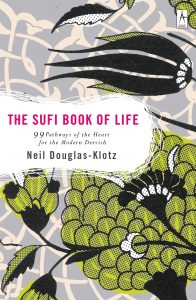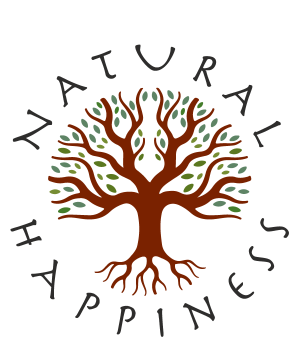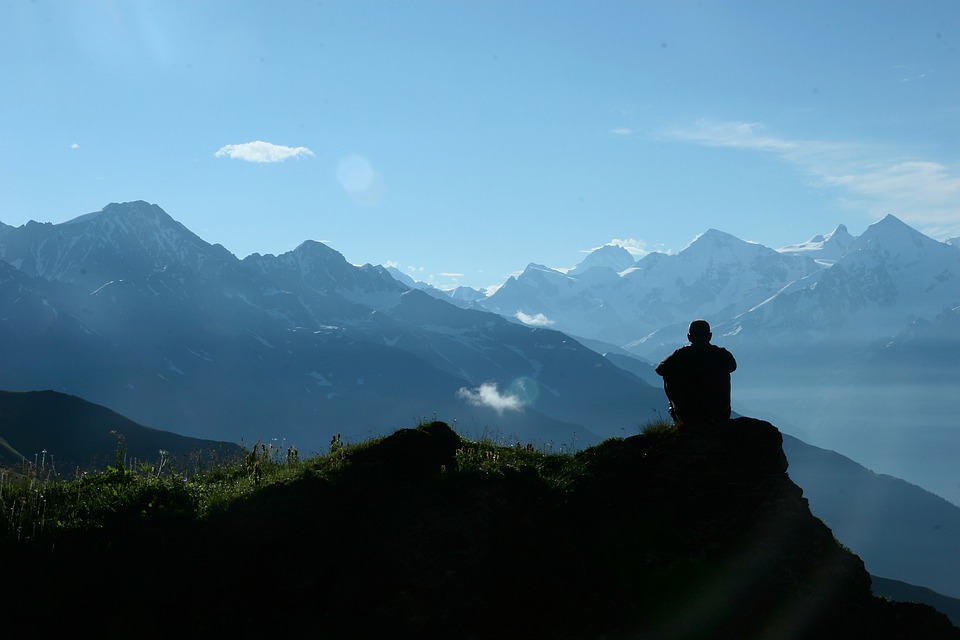Yes, it’s a paradox, but our ways of thinking, our habitual responses, are so deeply set that a deliberate effort of unlearning is needed if we want to see things as they are, and be able to find a fresh response.
I’ve been exploring Sufi teachings for over thirty years, and they’re a great aid in unlearning. One of the early books that inspired me was The Last Barrier, by Reshad Feild. It’s a moving, personal tale of his search for a Sufi teacher.
Reshad’s teacher is tricksy, elusive, constantly forcing him to unlearn, to live with ignorance. The teacher at one point actually tells him, “the purpose of the Path is to bring a man to the point of bewilderment.” Although the book was published in 1976, it’s very relevant in the current crises.
Another body of Sufi wisdom is poetry. Dip into Rumi, Hafiz, Shabistari, and you’re constantly opened up by paradox and insights that feel totally fresh, even though they date from the thirteenth century. For example:
Penetrate the heart of one drop of water —
You’ll be flooded by a hundred pure oceans…
The limbs of a fly are like an elephant.
A hundred harvests reside in a germ of barley seed…
Cosmic rays lie hidden in the pupil of my eye,
and somehow the centre of my heart
accommodates the Pulse of the Universe
— (Shabistari, translated in Desert Wisdom, N.Douglas-Klotz)
If you want a way to explore the subtleties of Sufi wisdom, The Sufi Book of Life, by Neil Douglas-Klotz is a good start. On page 84, he comments on unlearning, and offers a sound mantra which can help you be open to flashes of insight, “states of grace”.

So much of our upbringing and education tells us we ought to know, we should be on top of the situation. Whereas real life, in ever more forceful ways, is bringing us to the point of bewilderment, and hopefully teaching us to accept the state of not knowing.

